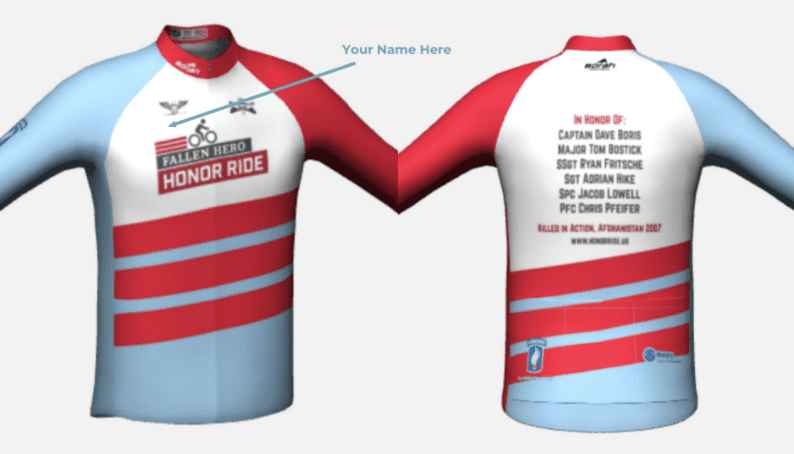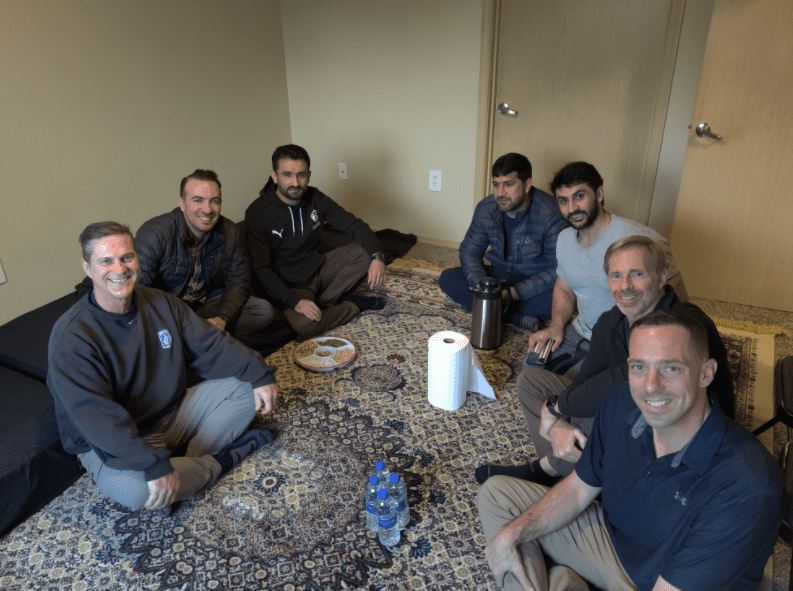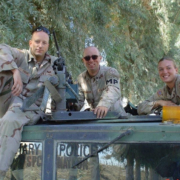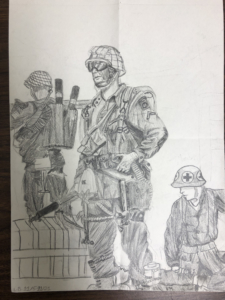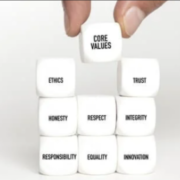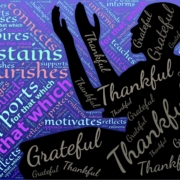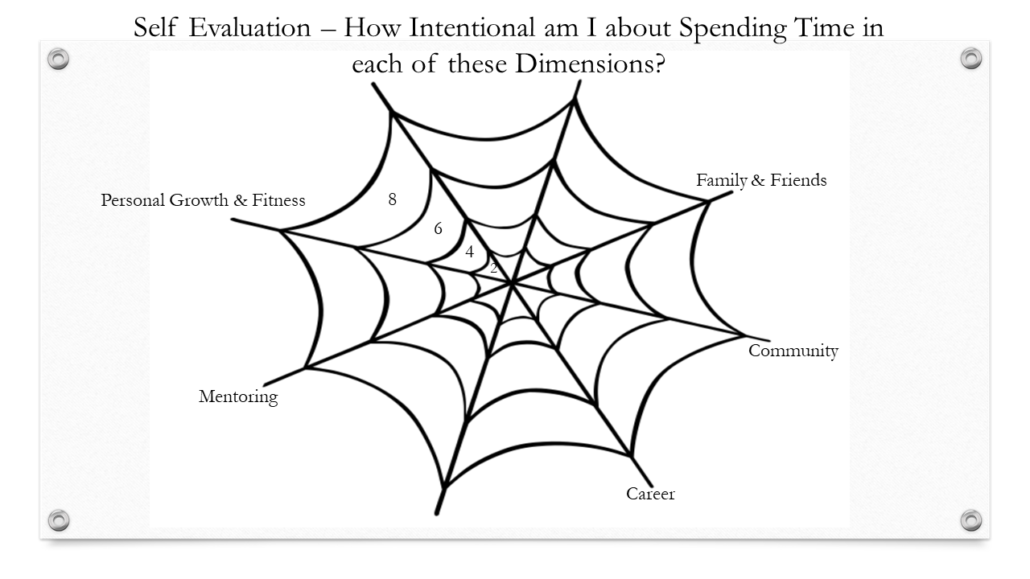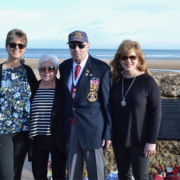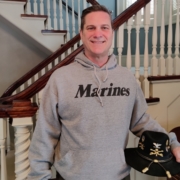How will people remember you?
Ray Lambert died on April 9th at age 100. A Staff Sergeant during World War Two, he led a medical section in the 1st Infantry Division and is one of a few who found themselves in the first wave of the three major amphibious landings in the European Theatre: North Africa, Sicily, and Normandy.
“The only heroic thing I ever did,” Ray told me, “was to rescue a soldier from a burning tank.” His boss told him not to go because the tank was about to blow up. Ray went anyway, pulled the soldier off the tank, and scrambled into a ditch as the tank exploded. “I disobeyed an order, so I did not get an award.” Others who’ve done the same were awarded the Medal of Honor.
The intense fighting on Sicily affected him deeply. He was in the thick of it for the month-long campaign, grinding through the island’s mountainous spine against the best German units. He was awarded the silver star (America’s third-highest award for valor) after going into a minefield to rescue a wounded soldier.
Ray landed at Omaha Beach on D-Day. Coming ashore against intense enemy fire, Ray spotted a pile of concrete. “It was the only cover on the beach.” Ray used the slight shelter for a casualty collection point. He put one of his medics there and proceeded to bring the wounded to the rock. He was wounded twice but patched himself up and kept rescuing his comrades. He eventually passed out from loss of blood and a broken back.
Ray suffered from post-traumatic stress. After the war, he found a job as an electrician and later began his own business. He couldn’t sleep. He hoped work would keep his mind off the war. He lost a lot of weight.
After passing out during a job and nearly getting himself killed, Ray went to the VA to speak with a psychologist. “Talking about the experiences helped me deal with them. My memories were no longer abstract. I could deal with them.” Ray’s memory of his war experiences was near-photographic, except for Sicily.
Ray was highly successful in business, in his community, and taking care of his soldiers after the war. Seventy years later, he could recall their first names, where they were from, and their wives’ names. “Getting to know people on a personal level kept us going when times were tough. They knew that I cared about them and would never put them in danger carelessly.”
I first met Ray in 2004 at the 60th anniversary of D-Day. We’ve been dear friends ever since. In 2018, our friend Christophe Coquel (a resident of Normandy) and I devised a plan to put a plaque on the concrete chunk where Ray saved so many lives. “I want the names of every man in the medical section on that plaque,” Ray told me.
Ray and his family attended the October 2018 ceremony to dedicate Ray’s Rock. It’s the only plaque on the beach and the only marker dedicated to a platoon of medics. “I can still hear their voices in the waves,” Ray reflected, staring at the surf.
Ray’s legacy lives on in the people he touched because they pay his gifts forward to others. Who will remember you, and how will they remember you?
1. Gratitude: you can fail alone, but you cannot succeed alone. Ray grew up in depression-era northern Alabama. He left home at age 13 to find a job and never finished high school. He said he became who he was because of the support of others. We’re all privileged, and we have agency. What are you doing with your opportunities?
2. Putting people in a position to succeed is the best form of caring. Ray knew his soldiers and employees and what mattered most to them. They gave their best because they knew Ray cared about them and put them in positions to succeed. Are you bringing out the best in others?
3. Set the right example and mind the say-do gap. Ray lived his standards of competence and character. He wasn’t perfect. He expected you to know your job and be trustworthy. He never asked people to endure hardship that he was unwilling to endure himself. What say-do gaps should you close?
4. Be your best self by finding the right support. Strong people like Ray are the ones who seek out support to take them to new heights. People who lack confidence wrap themselves in a crust and pretend they’re invulnerable. They never develop. Like a lobster, Alan Weiss says, you have to shed your protective shell if you want to grow. Who are your catalysts?
What will be your legacy: how will people remember you?

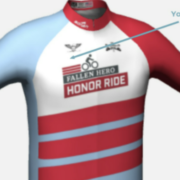
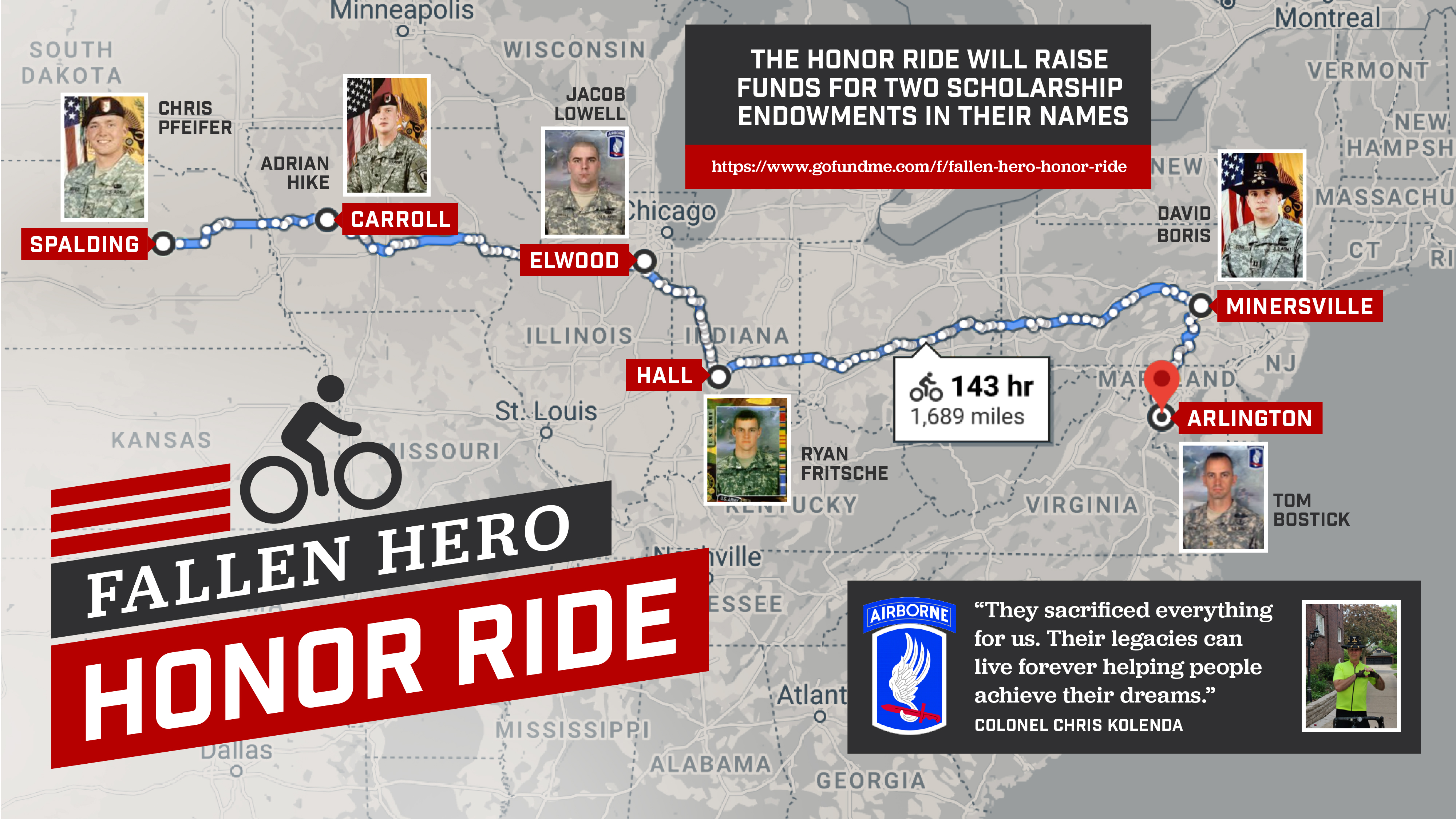 I’ll begin the ride in Spalding, Nebraska, where Chris Pfeifer is buried, and proceed through Carroll, Iowa, to visit Adrian Hike’s final resting place and Elwood, Illinois, to see Jacob Lowell’s grave. The route turns south to Hall, Indiana, to see Ryan Fritsche’s site and Minersville, Pennsylvania, where Dave Boris is buried. The ride concludes at gravesite 8755, section 60, Arlington National Cemetery, where Tom Bostick rests in peace.
I’ll begin the ride in Spalding, Nebraska, where Chris Pfeifer is buried, and proceed through Carroll, Iowa, to visit Adrian Hike’s final resting place and Elwood, Illinois, to see Jacob Lowell’s grave. The route turns south to Hall, Indiana, to see Ryan Fritsche’s site and Minersville, Pennsylvania, where Dave Boris is buried. The ride concludes at gravesite 8755, section 60, Arlington National Cemetery, where Tom Bostick rests in peace.